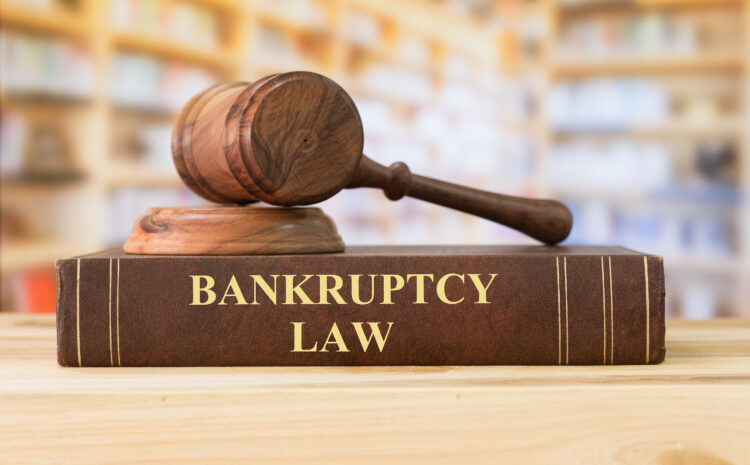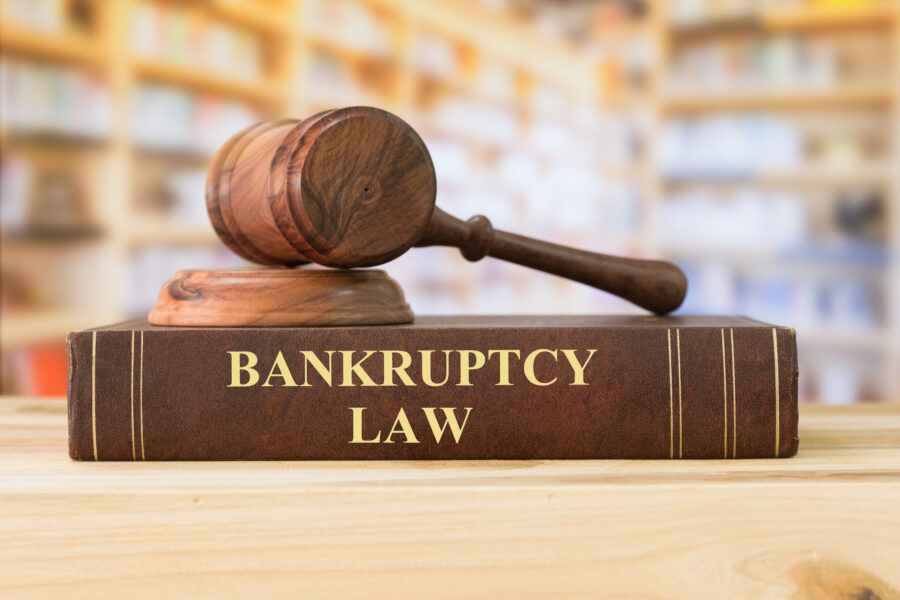
Tax sales and bankruptcy filings are complex legal processes that, when intersecting, create an intricate web of legal considerations. Tax sales occur when a property owner fails to pay property taxes, leading to the sale of a tax lien certificate to recover the unpaid debt. On the other hand, bankruptcy is a legal tool that provides relief to individuals or businesses struggling with debts by halting collection actions. But what happens if a property owner files for bankruptcy after their property has been sold at a tax sale? For tax sale certificate holders, understanding the implications of bankruptcy is critical to protecting their investment and their legal rights. This article will provide insight into the interplay between tax sales and bankruptcy while emphasizing the importance of skilled legal guidance.
Bankruptcy and the Automatic Stay
When a property owner files for bankruptcy, an automatic stay is immediately enacted. The automatic stay is one of the most powerful mechanisms in bankruptcy law. It halts all collection efforts and legal actions against the debtor, including proceedings related to properties involved in tax sales. For the tax sale certificate holder, this stay effectively freezes any efforts to foreclose on the property or assert ownership until the bankruptcy case is resolved or the stay is lifted. This critical pause is designed to protect the debtor from creditors while the bankruptcy process unfolds, allowing them time to reorganize or liquidate assets.
For certificate holders, the automatic stay can be a frustrating development. Plans to foreclose or take ownership are delayed indefinitely, creating uncertainty. Without a clear understanding of how bankruptcy proceedings impact tax sales, an unprepared certificate holder may face difficulties navigating this legal landscape.
The Impact on Tax Sale Certificates
When a property is sold at a tax sale, the purchaser acquires a tax sale certificate. This document represents the purchaser’s right to claim the property if the delinquent taxes are not redeemed by the property owner within a legally specified time frame. However, if the property owner files for bankruptcy and the automatic stay is enacted, the rights of the tax sale certificate holder come into question.
Bankruptcy introduces significant complexities. The tax sale certificate does not automatically grant ownership of the property. Instead, it provides a potential path to ownership, contingent on redemption rights and other legal considerations. Bankruptcy prohibits the certificate holder from taking action against the debtor or the property without specific court approval. The tax sale certificate holder must carefully examine their legal standing and explore the available options.
Options for the Tax Sale Certificate Holder
When faced with a property owner’s bankruptcy filing, tax sale certificate holders have specific legal options to consider. One potential course of action is seeking relief from the automatic stay. A certificate holder may petition the bankruptcy court to lift the stay, allowing foreclosure proceedings or other actions related to the property to proceed. Courts will evaluate such petitions on a case-by-case basis, assessing factors such as the debtor’s intentions, the status of redemption, and the rights of the certificate holder.
Certificate holders must be prepared to present a strong case to the court when seeking to lift the stay. Any argument must demonstrate clear legal standing and provide compelling reasons to proceed with foreclosure despite the owner’s bankruptcy filing. Failure to do so can result in delays or denial of the petition.
Additionally, tax sale certificate holders must remain vigilant in monitoring the progress of the bankruptcy case. Whether the case is filed under Chapter 7, which involves asset liquidation, or Chapter 13, which focuses on debt repayment, each type of bankruptcy introduces distinct considerations that may impact the certificate holder’s rights and interests.
Redemption Rights in Bankruptcy
Redemption rights allow the original property owner to settle their tax debt and reclaim the property before the tax sale purchaser secures ownership. However, the filing of bankruptcy can significantly affect redemption rights. Under bankruptcy law, the property owner gains an opportunity to address unpaid taxes in their repayment plan or reorganization, extending the timeline for redemption. This legal protection can delay the certificate holder’s ability to act.
If the property owner successfully redeems the property during bankruptcy proceedings, the tax sale certificate holder is entitled to the return of their investment plus any applicable statutory interest. However, if redemption does not occur, bankruptcy proceedings must conclude before further action can be taken regarding the property. Understanding the nuances of redemption timelines in bankruptcy cases is crucial for any tax sale certificate holder aiming to safeguard their investment.
The Importance of Legal Counsel
Navigating the intersection of tax sales and bankruptcy is fraught with legal complexities. Tax sale certificate holders must understand both tax sale laws and bankruptcy regulations to effectively protect their rights. The automatic stay, redemption rights, and options for relief all demand careful consideration. Without expert guidance, even the most experienced investors may struggle to manage these challenges effectively.
This is why it is vital to seek the counsel of an experienced Maryland tax sale attorney. A skilled attorney can provide clarity, offer strategic advice, and advocate on behalf of the certificate holder in court. Legal expertise ensures that all actions are in compliance with state and federal laws, mitigates potential risks, and maximizes the chances of a favorable outcome for the certificate holder.
Protect Your Tax Sale Investment Today
Handling a tax sale property when the original owner files for bankruptcy requires navigating a labyrinth of legal intricacies. The interplay between bankruptcy laws and tax sale regulations creates unique challenges that demand specialized expertise. Tax sale certificate holders must carefully consider their options and take deliberate action to protect their rights and investment.
If you are dealing with the complexities of a tax sale and bankruptcy, the team at LewisMcDaniels is here to assist. With years of experience in Maryland tax sales and bankruptcy cases, our attorneys are equipped to help you through this challenging process. Contact LewisMcDaniels today to schedule a consultation and ensure that your interests are safeguarded with confidence.












